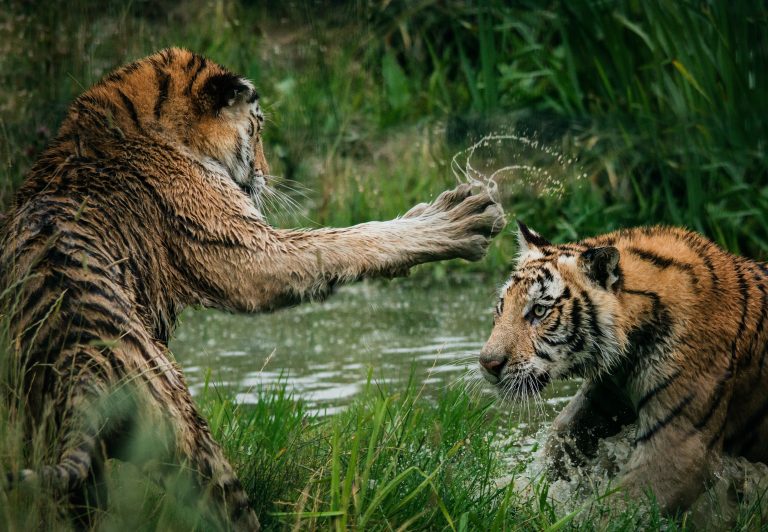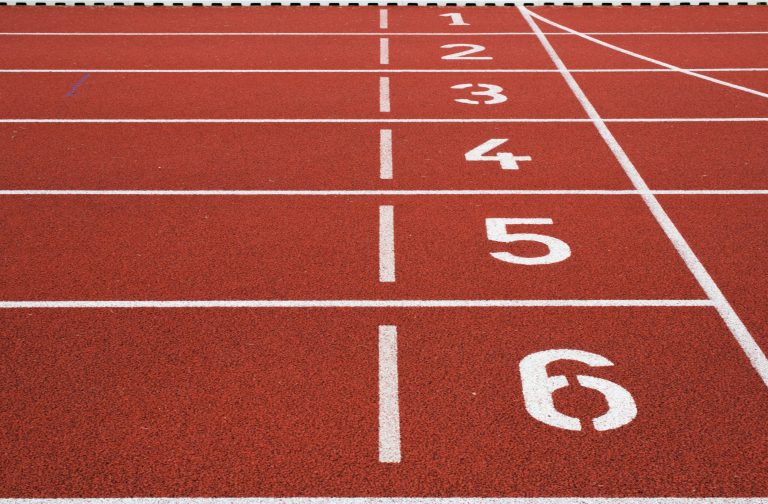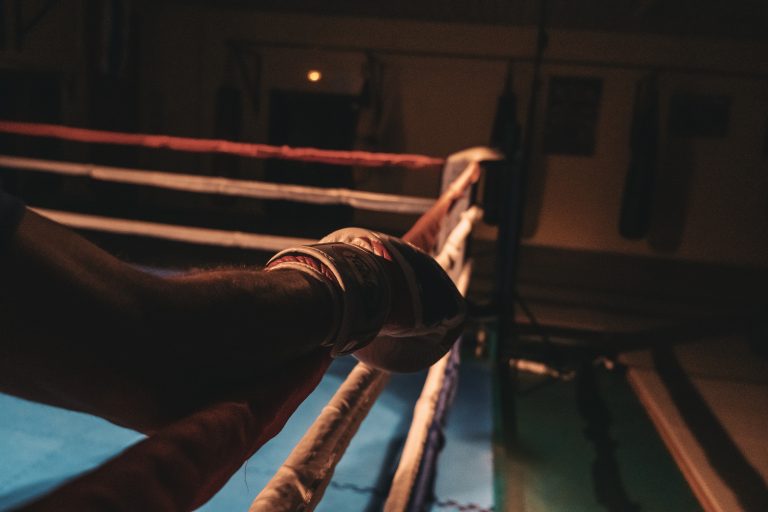What Does Karate Mean in Japanese?
Karate is a form of martial arts that has been around for centuries. It originated in Japan and has spread to various parts of the world, gaining popularity due to its physical and mental benefits. But what does karate actually mean in Japanese? In this blog post, we will explore the meaning of karate, its history, and how it has evolved over time.
The Meaning of Karate
Karate is derived from the Japanese words ‚kara‘ (空) which means ‚empty‘ and ‚te‘ (手) which means ‚hand‘. Together, Karate means ‚empty hand‘. In the context of martial arts, the term „empty“ refers to the idea of not having any weapon, i.e., fighting with bare hands and feet. Karate is known for its strict discipline and physical conditioning, with an emphasis on strong strikes and powerful kicks.
Interestingly, the origins of karate are not entirely Japanese. While the practice of martial arts in Japan dates back to the Kamakura period (1185-1333), the roots of karate can be traced back to China. The practice of hand-to-hand combat in China was known as „ch-uan-fa“, and it was introduced to the Ryukyu Islands (modern-day Okinawa) by Chinese sailors and merchants in the late 14th century.
The Development of Karate
In Okinawa, the indigenous martial art form was known as „te“. It incorporated various techniques from Chinese, Okinawan, and Japanese martial arts, emphasizing strikes and kicks over grappling and ground fighting. As more people began to practice te, various schools and styles developed.
One of the most influential figures in the development of karate was Gichin Funakoshi, who introduced the art to mainland Japan in the early 20th century. Funakoshi is widely known as the founder of Shotokan karate, which is one of the most popular styles of karate practiced worldwide today.
From Japan, karate began to spread to other parts of the world. It gained popularity in the United States in the 1960s, largely due to the influence of martial arts films and the establishment of various organizations and tournaments. Today, karate is practiced worldwide, with millions of practitioners across all age groups.
The Benefits of Karate
Karate is more than just a form of self-defense; it has numerous physical and mental benefits. Here are some of the benefits of karate:
Physical Benefits
– Improves overall fitness and flexibility
– Enhances coordination and balance
– Strengthens muscles and bones
– Increases cardiovascular health
– Improves reflexes and reaction time
Mental Benefits
– Boosts self-confidence and self-esteem
– Reduces stress and anxiety
– Improves focus and concentration
– Develops discipline and self-control
– Promotes a sense of community and camaraderie
What Does Karate Mean in Japanese?
Karate is a martial art that originated in Okinawa, Japan. It is a traditional Japanese martial art that primarily focuses on self-defense, striking, blocking, and grappling techniques. The word „Karate“ is composed of two Japanese Kanji characters, „kara“ and „te,“ which roughly translates to „empty hand“ in English. In this blog post, we will answer some of the most frequently asked questions about Karate and its meaning in Japanese.
What is the Origin of Karate?
Karate originates from Okinawa, a small island located to the south of Japan. Okinawa was once an independent kingdom, and its people developed Karate as a means of self-defense against military invaders. From Okinawa, Karate spread to mainland Japan and eventually throughout the world.
What Makes Karate Unique?
Karate is unique because it is primarily focused on hand and foot strikes, as well as blocking techniques, that use the attacker’s energy against them. It also emphasizes discipline, respect, and self-control. Additionally, Karate uses a range of traditional weapons such as the bo staff, nunchucks, and sai.
What are the Benefits of Practicing Karate?
There are numerous benefits to practicing Karate. Some of these benefits include improved physical fitness, increased strength and flexibility, improved coordination, and enhanced mental focus. Karate also teaches valuable life skills such as discipline, respect, and perseverance.
What is the Difference Between Karate and Other Martial Arts?
Karate is different from other martial arts in several ways. For example, Karate emphasizes striking techniques and uses the hands and feet as primary weapons, while other martial arts may focus more on grappling or submission techniques. Additionally, Karate is known for its emphasis on traditional etiquette and values such as discipline and respect.
Is Karate Safe?
When practiced correctly, Karate is a safe martial art. Like any other physical activity, there is always a risk of injury associated with Karate. However, Karate instructors prioritize safety and teach proper techniques to minimize the risk of injury. Additionally, Karate practitioners are encouraged to follow safety guidelines, such as wearing proper protective gear and training at their own pace.
What Does Karate Mean In Japanese: A Complete Guideline
Karate is a fascinating martial art that originated in Okinawa, Japan, and has spread to become a global phenomenon. The word karate is composed of two Japanese characters, ‚kara‘ meaning empty and ‚te‘ meaning hand. Thus, karate is often translated to mean „empty hand,“ indicating that it is a form of self-defense that does not rely on weapons. In this blog post, we will dive deeper into the meaning of karate and explore its history, philosophy, and techniques.
What Is The History of Karate?
Karate’s history can be traced back to the Ryukyu Kingdom in Okinawa, Japan, where it was practiced among the nobility as a form of self-defense. During this time, karate was referred to as ‚ti‘, meaning ‚hand,‘ and was heavily influenced by Chinese martial arts. It was not until the early 20th century that the term ‚karate‘ began to be widely used, and the art was formalized with standardized techniques and styles.
Gichin Funakoshi is widely regarded as the father of modern karate. In 1922, he introduced karate to mainland Japan and founded the first formal karate organization, the Japan Karate Association (JKA). Today, karate has grown to become one of the most popular martial arts in the world, with millions of practitioners in over 190 countries.
What Is The Philosophy of Karate?
Karate is not just about physical self-defense; it is also a way of life that emphasizes self-discipline, humility, and respect. The philosophy of karate is grounded in the concept of ‚bushido,‘ the traditional code of the samurai that emphasizes loyalty, respect, and honor.
One of the key principles of karate is ‚kata,‘ a series of pre-arranged movements designed to teach basic techniques and improve focus and concentration. Another important aspect of karate is sparring, or ‚kumite,‘ which allows practitioners to practice their techniques in a simulated combat scenario. Karate also places great emphasis on the development of a strong mind-body connection, through the practice of zazen meditation and controlled breathing techniques.
What Are The Techniques of Karate?
Karate is a highly complex martial art, with many different techniques and styles. Some of the most common techniques include punches, kicks, strikes, blocks, and throws. One of the defining characteristics of karate is its emphasis on precision and control, with practitioners learning to deliver powerful strikes with minimal wasted movement.
The different karate styles are distinguished by their techniques and training methods. Shotokan is one of the most popular styles, characterized by its deep stances, strong blocks, and fluid movements. Goju-ryu emphasizes close-range fighting and breathing techniques, while Wado-ryu focuses on evasive maneuvers and quick, unpredictable strikes.
Conclusion
In conclusion, karate is a fascinating martial art with a rich history and philosophy that goes far beyond physical self-defense. By cultivating discipline, respect, and honor, karate practitioners can develop not only their bodies but also their minds and spirits. The techniques and styles of karate are varied and complex, offering a lifelong journey of learning and self-discovery. We hope that this guide has helped you gain a deeper understanding of what karate means in Japanese, and inspires you to explore this amazing martial art further.
Inhaltsverzeichnis





